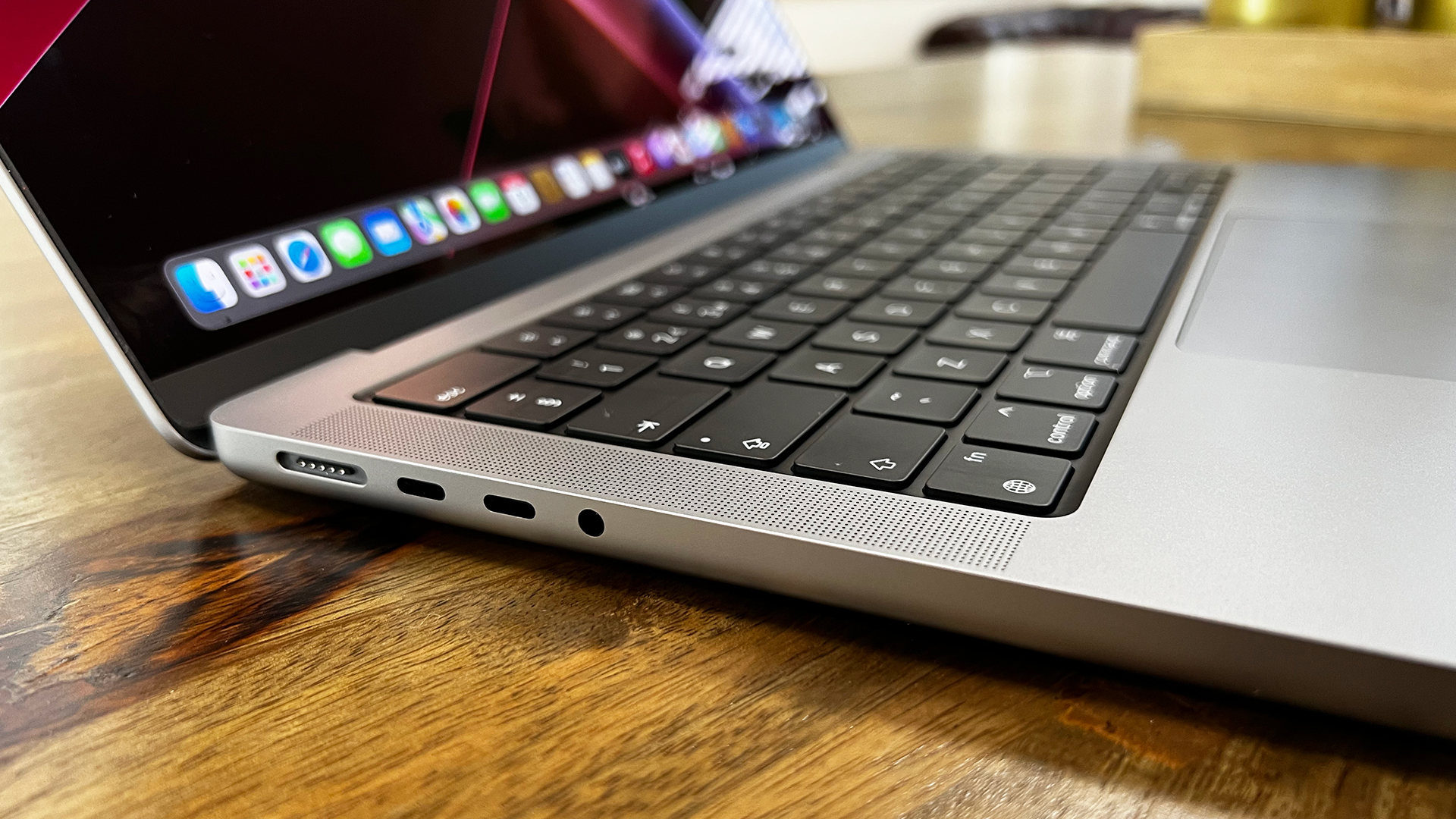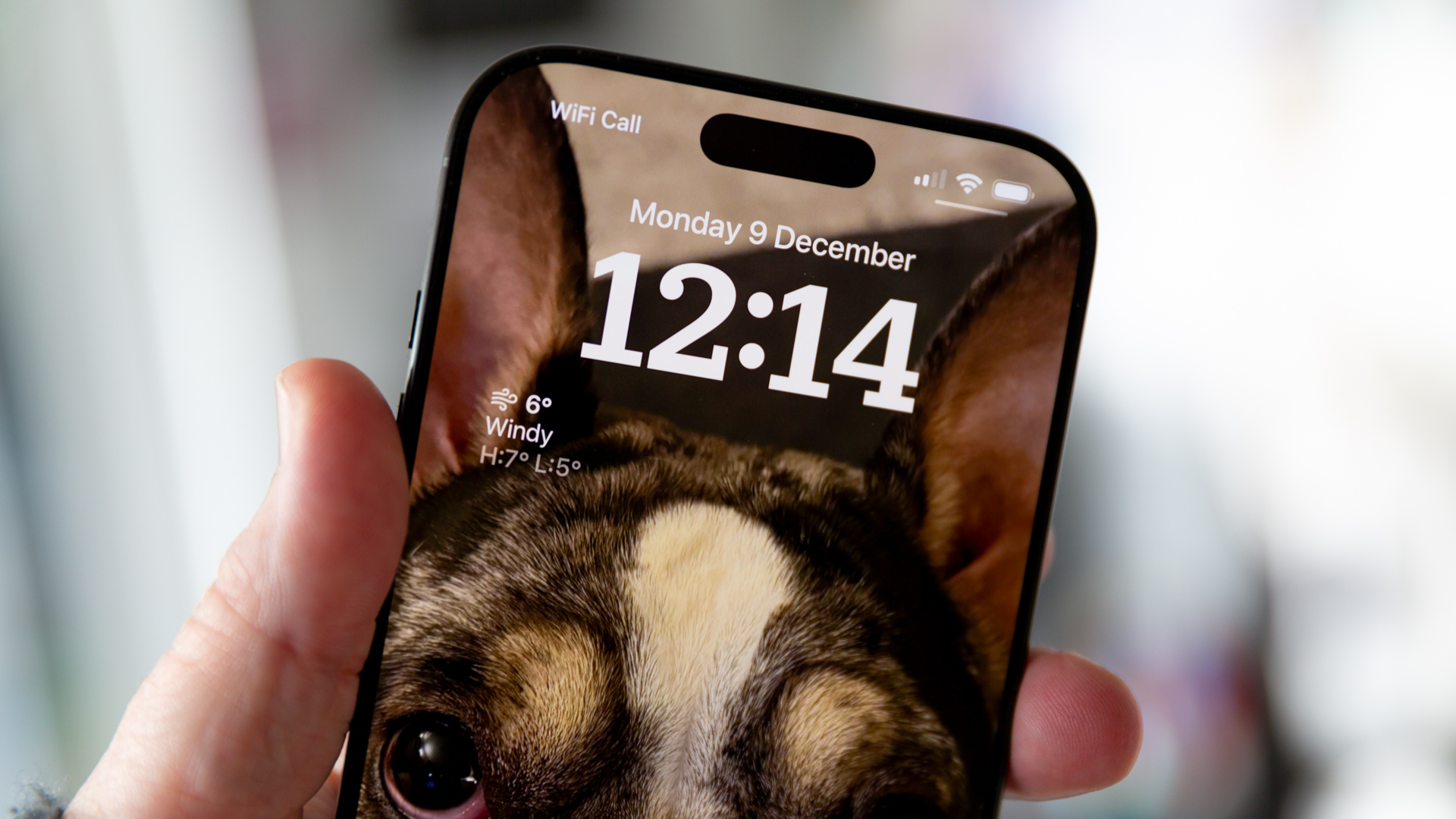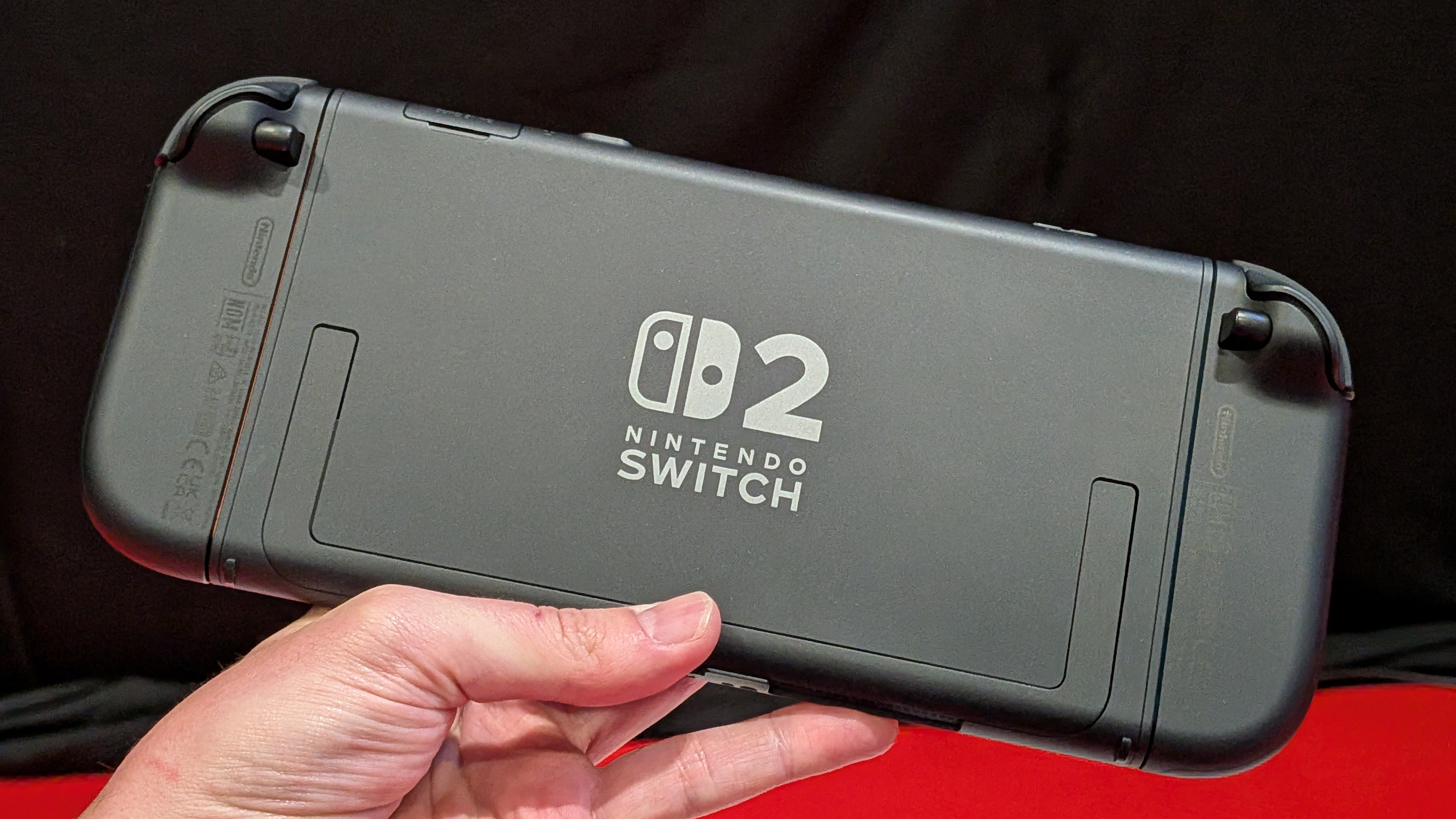

When Apple revealed the MacBook Pro 14-inch & 16-inch (2021), the amount of power they offered was clearly astonishing for something relatively thin. But Intel was soon teasing that its new 'Alder Lake' processors would be able to beat even the CPU performance of the top-end M1 Max chip… and now benchmarks of the new Core i9-12900HK have shown that to be true. Except that, at the same time, they also show exactly why Intel's chips are behind Apple's, and why Apple was right to forge out on its own with the M1.
It's all about the effort Intel's had to go to with this chip to pull past what Apple's achieved with the M1 Pro and M1 Max (which have borderline identical CPU performance) – this processor is going absolutely pedal to the metal to perform this well. But Apple hasn't even put the machine in top gear yet.
I'll explain in a moment, but first credit for the testing I'll be referencing: most benchmarks were done by our sister site Tom's Hardware, with some additional figures from our other sister site Anandtech.
So, the Core i9-12900HK beats the Apple M1 Max by a small amount in Tom's Hardware's Geekbench 5 and video encoding benchmarks – between 1% and 6%. A clear win, but not one to launch any fireworks over.
It's in the Cinebench R23 benchmark that the Intel chip really opened up a lead – up to 30% in the case of multi-core benchmarking. Now that's significant, and should very much be of interest to creative pros.
It's clear that the ways Intel is adjusting its architecture to battle the potential threat from ARM-based chips like the M1 (make no mistake, Apple's success will mean that Qualcomm sees the opportunity to push Intel out of Windows-based PCs with its own chips) is starting to work. The Core i9-12900HK uses a combination of high-performance cores and more efficient cores, and Intel has also changed how Turbo Boost works, enabling higher performance levels for longer.
But when look at the specs of the the Intel chip compared to the M1 Pro/Max, it's immediately clear where Apple's advantage is.
Sign up to the T3 newsletter for smarter living straight to your inbox
Get all the latest news, reviews, deals and buying guides on gorgeous tech, home and active products from the T3 experts
Watt's going on?
Let's start with power. Apple's chip uses 34W during the intensive Cinebench multi-core benchmark. The Core i9-12900HK peaked at 94W during the same test. That's nearly 200% more power consumption to hit 30% more performance – or, remember, roughly the same performance in some tests.
Apple has always wanted to be able to make laptops that stay as light and portable as possible, and that offer really meaningful battery life. The new MacBook Pros achieve all these things – I mean, the 16-inch one is not exactly super-light, but for the amount of power it offers, it's far more portable than the competition.
The Intel chip was tested in the MSI GE76 Raider, which is excellent, but is a thick and heavy gaming laptop, and can't match the MacBook Pro for portability or battery longevity. It's also got a huge and loud cooling system, whereas the MacBook Pros' fans stay at whisper level even during hardcore use.
And then let's look at the actual specs of the chip. The Core i9-12900HK is a 14-core chip with HyperThreading, meaning that it offers 20 virtual cores in total. No wonder it does so well in multi-core testing.
The M1 Pro and M1 Max are both 10-core chips without HyperThreading, so they're just 10 cores.
"I am not left-handed"
Intel has pulled ahead by throwing everything it has at this chip. Giant amounts of electricity, tons of heat, as many cores as possible in a laptop-sized chip.
Now think about the headroom Apple has here. What would happen to those benchmarks if Apple released a chip with 14 cores? What would happen if Apple implemented HyperThreading? What would happen if Apple allowed itself to double the power consumption, let alone triple it?
This is exactly why Apple had to go its own way with processors. This comparison demonstrates that it's not that Intel can't outperform Apple's chips if it really wants to. It's that it can't do it in a chip that also offers lightweight design, long battery life and quiet operation. There's more to a computer being useful for pros than pure performance, and Intel has struggled to find that balance. Apple has been able to design its whole approach around it… and that means it still has all this untapped potential.
It made me think of the duel in The Princess Bride, between The Man in Black and Inigo Montoya. Part way through, Montoya looks to be on the ropes, but then reveals: "I know something you don’t know. I am not left-handed." He switches to his right hand, and then nearly beats the The Man in Black. That's where we're at right now: Intel Montoya has revealed its full strength and gained an upper hand.
But you know what comes next in the film, right? At any time, Apple can release a chip with more cores, more threads, more power, more speed. It can say, as The Man in Black did: "I'm not left-handed either."
- Equip your iMac or MacBook with the best Mac VPN
Matt is T3's former AV and Smart Home Editor (UK), master of all things audiovisual, overseeing our TV, speakers and headphones coverage. He also covered smart home products and large appliances, as well as our toys and games articles. He's can explain both what Dolby Vision IQ is and why the Lego you're building doesn't fit together the way the instructions say, so is truly invaluable. Matt has worked for tech publications for over 10 years, in print and online, including running T3's print magazine and launching its most recent redesign. He's also contributed to a huge number of tech and gaming titles over the years. Say hello if you see him roaming the halls at CES, IFA or Toy Fair. Matt now works for our sister title TechRadar.

